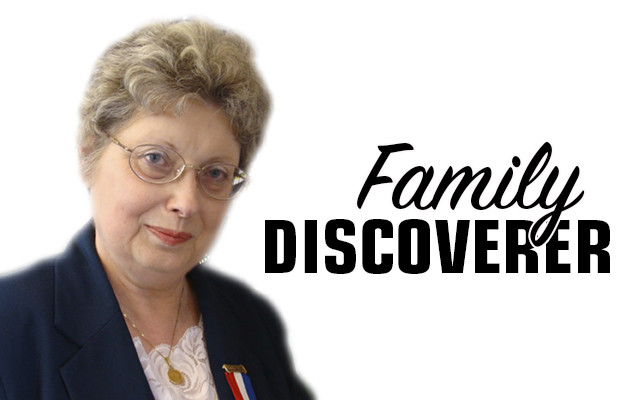
Your genealogical will
By Nancy Battick
My husband of 49 years recently died. He had written his own obituary, left some general instructions for his funeral, and what he desired for his half of our tombstone. He had been systematically donating many items to archives and libraries.
Jack was a dedicated genealogist, and he left files, software, binders, notes, and loose documents. What he didn’t leave me was clear instructions where he wanted these records to go.
This leads to the subject of this column. Soon we’ll be making resolutions for the new year. I urge all of you to update your will if you haven’t done that recently, make an advanced directive, name someone you trust with a medical and durable power of attorney, and make sure you list where you want personal items to go. We all tend to put these kinds of decisions off, but we really shouldn’t.
One thing I urge all genealogists, writers and researchers to do is to decide what you want to do with all the material you’ve accumulated through your years of research. The items you should include are your physical genealogical research, notes on family history, photos of all sorts including slides and videos, paper records, books, and digital files including your genealogical software. Don’t forget any stabs you’ve made starting a family history or articles.
I’ve been researching for over 40 years now and I know firsthand that this encompasses an amazing amount of material. If you don’t leave specific instructions where all of this should go when you die you leave your personal representative (executor) in a quandary.
One thing you don’t want to happen is that a well-meaning family member or friend with no interest in genealogy recycles the lot or simply dumps it because they don’t value it or know what to do with it all. You’ve invested too many years, hours and hours of research, and so much of your own sweat equity in assembling what you have. You need to make sure it will all be protected and hopefully somewhere that other researchers and future family members can find.
I urge you to have a section of your will naming someone as the beneficiary of your genealogical material. It could be a family member interested in genealogy, an historical society or archive (be sure you discuss this with them and be sure they genuinely want your collection), or another organization. Depending on what you have will depend on where your material should go. Do you have priceless, one-of-a-kind artifacts and documents about a family? That’s the sort of thing archives long to have donated. Did your family live in a town for generations? The research you’ve done might be welcomed at the local or state historical society or library.
Make these arrangements ahead of time both for your own peace of mind and to ease the burden on those left behind.
I wish all of you a happy 2025.
Columnist Nancy Battick of Dover-Foxcroft has researched genealogy for over 30 years. She is past president of the Maine Genealogical Society, author of several genealogical articles and co-transcribed the Vital Records of Dover-Foxcroft. Nancy holds an MA in History from UM.Reader emails are welcome at nbattick@roadrunner.com.